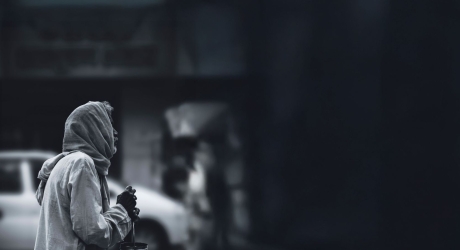The Sunday Guardian | June 23, 2018
People generally have the habit of stating only one half of the story. They mention its latter half, but do not speak a word about its first part. For example, a man was once hit on the road by another person. While recounting what happened with him, he simply said that he was beaten up by someone. However, he did not reveal what he had himself done which had provoked the other person to react in anger. Similarly, at one time a dispute occurred between two groups which led to instances of maltreatment and persecution of members of one group by another. In all such incidents, it almost always happens that one group, owing to its actions, provokes the other group into taking retaliatory measures. It then results into a riot. However, when it comes to detailing the account of such events, it is seen that people of the first group would only relate the second half of the story. They would blame the other group for carrying out the rioting, but would never specify the action they had originally taken which then provoked the second group to exact revenge.
This tendency can be called incomplete or one-sided reporting of events. Such kind of reporting is very common in our society. Every person has the habit of recounting an incident in such a manner that only the involvement of the other person is apparent, while he or she remains silent about his or her own involvement in the matter. This manner of reporting is unjust and biased. Moreover, speaking of events in this way is a sign of intellectual dishonesty as it goes against the demands of justice and fairness. Looking at a situation in this one-sided manner is ethically incorrect and is of no use when it comes to finding a solution to the resulting problem or dispute. A person who gives an incomplete account of facts may be happy himself, but as far as the world outside of him is concerned, this attitude can have no positive consequence whatsoever.











